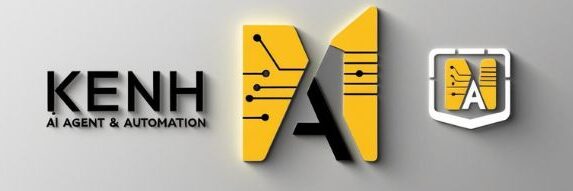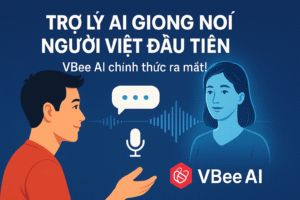AI News Today: The Most Powerful AI Agent Startups in 2025
Introduction
AI agents are no longer theoretical—they’re reshaping how businesses operate in real-time. In 2025, a new wave of AI agent startups is rising, combining LLMs, workflows, and automation to tackle real-world problems at scale. This article highlights the most impactful players this year and what makes them game-changers.
What is AI News Today: The Most Powerful AI Agent Startups in 2025?
This term refers to emerging companies leveraging autonomous AI agents to perform multi-step tasks, adapt to user intent, and integrate into workflows with minimal human intervention. These startups are using Multi-Component Processing (MCP), LLMs, and multi-agent architectures to disrupt traditional processes across industries.
Key Components of Their Technology
Most successful AI agent startups in 2025 share several technological pillars:
LLMs (GPT-4, Claude, Mistral, or proprietary models)
Task orchestration engines (LangGraph, CrewAI, Autogen)
Persistent memory layers (e.g., VectorDB, ChromaDB, Pinecone)
Tool integration (APIs, Python scripts, browser automation)
Agent collaboration frameworks (for dialogue, planning, self-evaluation)
Real-World Applications from These Startups
| Industry | AI Agent Application |
|---|---|
| Healthcare | Diagnosis assistant, patient Q&A, medical scribing |
| Finance | Auto-reporting, expense audits, trading bots |
| E-commerce | Autonomous product researchers, chatbot sales reps |
| Education | Personalized learning agents, tutoring companions |
| Legal | Contract review bots, legal research assistants |
Featured Startups in 2025
1. Cognosurge
Focus: AI agents in diagnostics & hospital workflow
Tech: Custom GPT-4 agents with LangGraph
Impact: Cut diagnosis time by 30% in partner clinics
2. FlowForge AI
Focus: Business workflow automation for SMBs
Tech: CrewAI with plugin-based execution layer
Notable: Raised $35M in Series A to scale across Europe
3. AgenticX
Focus: Autonomous research agents for enterprises
Tech: AutoGen + Retrieval-Augmented Generation (RAG)
USP: Handles multi-hour research tasks with source attribution
4. NeuralTask
Focus: AI developer agents for devops & coding tasks
Tech: Built atop OpenDevin & ReAct-based logic planners
Strength: Used by 10K+ dev teams to reduce ticket resolution by 50%
5. EchoMind
Focus: Conversational AI with persistent memory and personality
Tech: Pinecone + fine-tuned Claude models
Differentiator: “Emotional AI agents” for customer service
Case Study: FlowForge AI’s Impact on SMB Automation
Client: A mid-size logistics company
Solution: Agent-based back-office system handling:
Invoicing
Compliance updates
Fleet reporting
Results:
65% cost reduction in ops
Reports completed 10x faster
Improved compliance accuracy by 22%
Challenges and Considerations
Reliability: Ensuring agents don’t hallucinate or misexecute critical tasks
Security: Guarding APIs and data access in autonomous workflows
Adoption barrier: Many enterprises are still AI-wary or lack infrastructure
Tool dependency: Relying on fast-changing frameworks (LangGraph, AutoGen, etc.)
Future Outlook
| Trend | What’s Coming in 2025–2026 |
|---|---|
| Cross-agent collaboration | Multi-agent teamwork with reasoning layers |
| No-code agent builders | Anyone can deploy custom AI agents |
| AI agent app stores | Ecosystem of installable AI assistants |
| AI-powered RPA 2.0 | Merging agents with robotic workflows |
| Verticalized AI agents | Healthcare-only, HR-only agents rising |
Startups will increasingly offer agent frameworks as services, enabling plug-and-play agents across industries.
Conclusion
The rise of AI agent startups in 2025 marks a shift from static tools to dynamic autonomous systems. These companies aren’t just coding smarter apps—they’re building adaptive AI teammates that will soon become essential to any modern team.
🚀 Want to Master AI Agents and Workflows?
Join our recommended AI Mastery Course and gain hands-on experience building agent-based systems that power the next era of intelligent automation.


